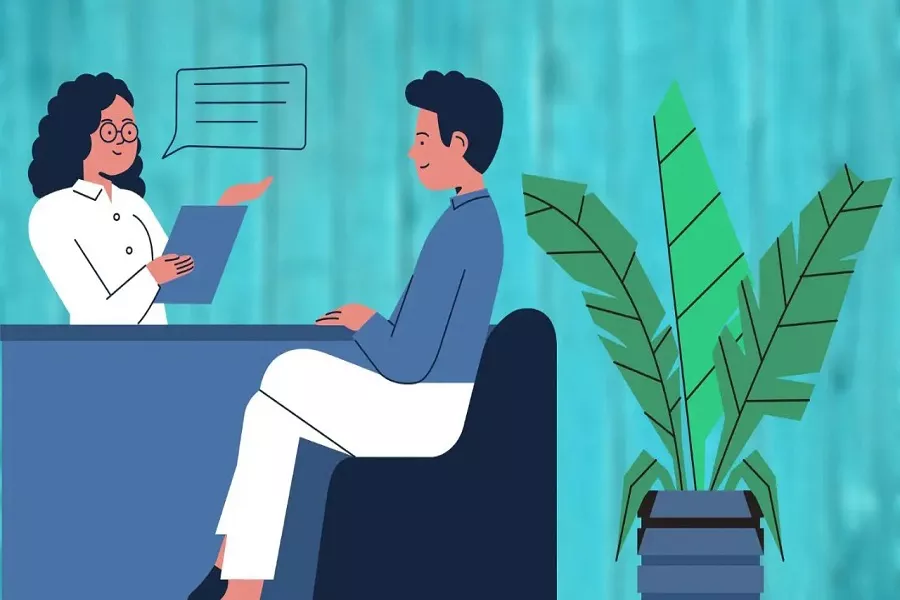Negative Emotion 1: Under Pressure Often under pressure, that is, suffering the ravages of chronic stress, the effects are obvious. With a degree of relaxation, your body will enter a virtuous cycle of long-term strengthening and recovery from fatigue. Both memory and accuracy of work can be restored. If you don’t guard against this “intruder”, you will be easily fatigued and depressed, and the ability to reproduce will decline. High blood sugar and fatty acids can put you at risk for cardiovascular disease and diabetes if you are under this chronic stress all year round.
Negative Emotion 2: It’s hard to say whether it’s better to vent or endure when you encounter troubles. The reason is simple, both approaches have side effects. An experiment was done at the University of Michigan. Several authorities yelled at the subject inexplicably. Women who swallowed the situation were twice as likely to die from a heart attack, stroke or cancer. The anger flares up for only a few minutes, but the adrenaline, blood pressure, and heart rate increase. A person over 50 is five times more likely to suffer a heart attack or stroke as a result. Even sullen faces, including impatience, worry, and displeasure, can be detrimental to health, as these emotions can weaken the immune system.
Negative emotion 3: When you have a big fight and get angry, you will feel that your blood pressure is rising – this is what often happens when people fight with each other, and the impact will be long-term. A week after it happened, the thought of that fight sends your blood pressure up again. If there is something unpleasant or quarreled with someone recently, it is best not to worry about it, and forget it as soon as possible. Some people have studied that quarreling with a lover for half an hour can increase your body’s self-healing time by at least one day. Couples who often quarrel, the self-healing time will increase exponentially.
Negative emotion 4: jealousy is jealous, which is what we often call jealousy. Jealousy is the most lethal, painful and uncontrollable emotion of human beings. A typical manifestation of a man’s jealousy is the involvement of others in the woman he loves, while a woman’s jealousy is the suspicion brought about by emotional betrayal. Emotions are a complex mix of fear, stress and anger, experts say. When jealousy occurs, people tend to experience increased blood pressure, increased heart rate, increased adrenaline levels, and weakened immunity, anxiety, and perhaps insomnia.
Negative Emotion 5: Gloomy Depression, pessimism, and indifference to your surroundings are all associated with low levels of serotonin and dopamine, which are feel-good neurotransmitters in the brain. Serotonin can play a role in regulating pain. It is for this reason that 45 percent of depressed patients suffer from pain. Depressed mood is also associated with poor sleep, fatigue, and sexual dysfunction.
Negative Emotion 6: Crying and crying can really bring out negative emotions. An experiment was done to compare two kinds of tears. One is crying because of emotional reasons, and the other is crying because of onion spicy eyes. It was found that emotional tears contained high levels of hormones and neurotransmitters associated with stress. Not only that, but the tears can also lead to a drop in blood pressure, a decrease in pulse beats, and an increase in synchronized brain wave patterns. The conclusion is that crying over feelings reduces stress chemicals. If the tears don’t come out, you’re in a completely unnecessary stress, and your body is vulnerable to the negative effects of anxiety, including weakened immunity, damaged memory, and reduced digestion.




























